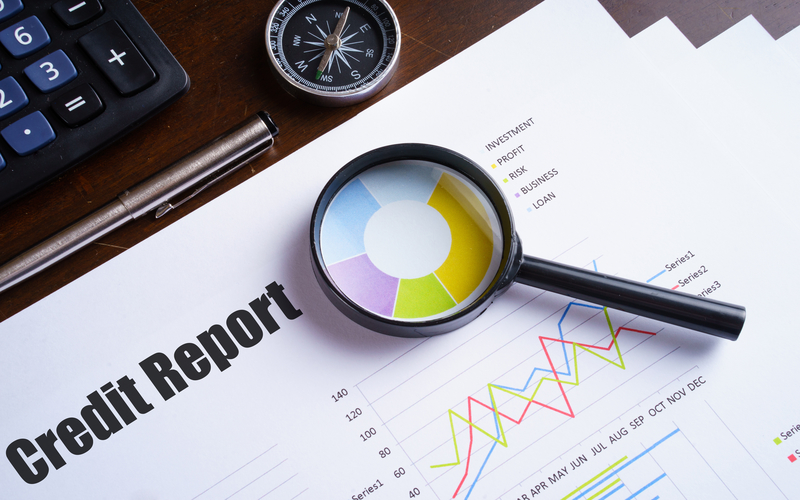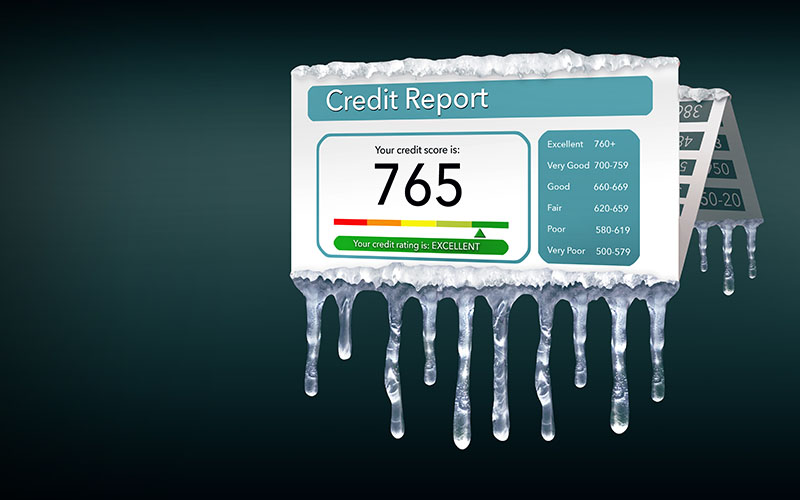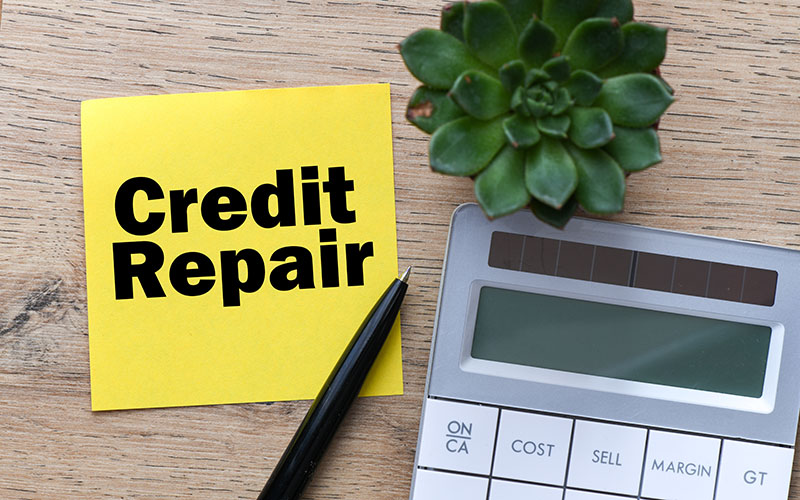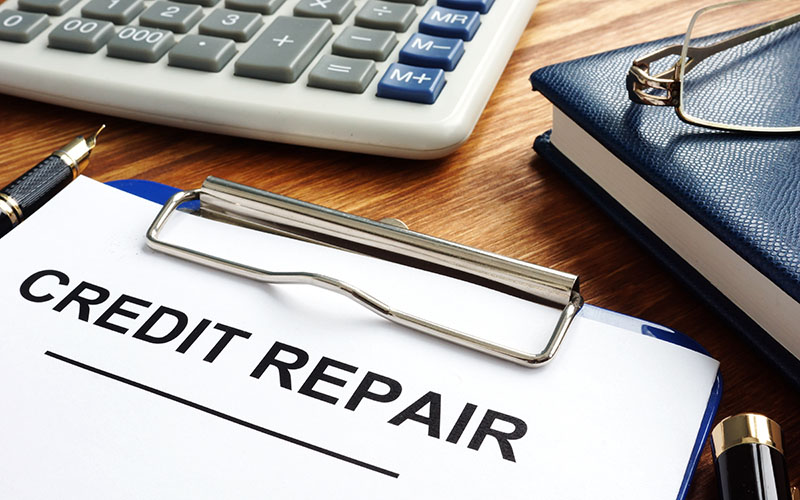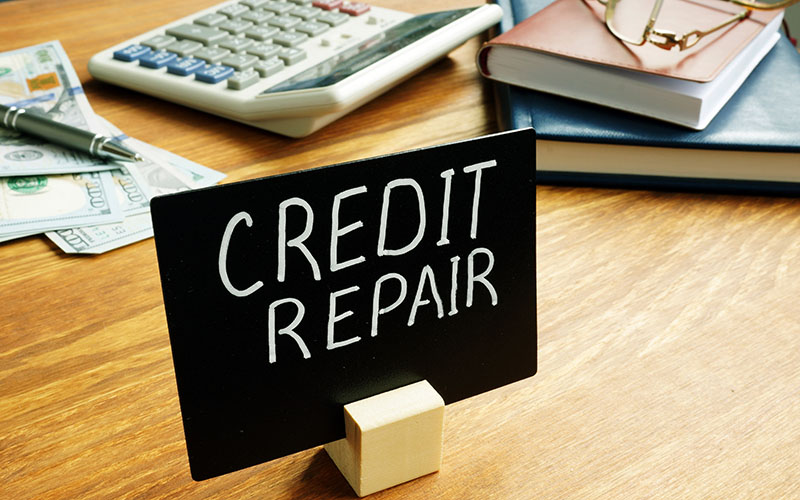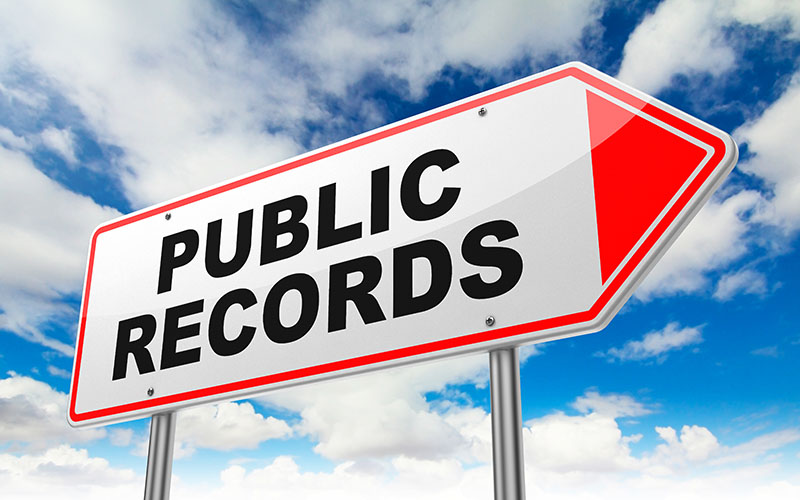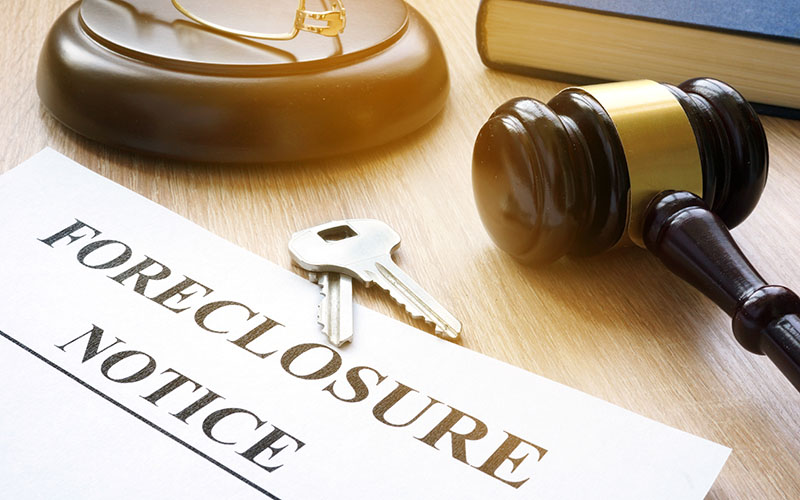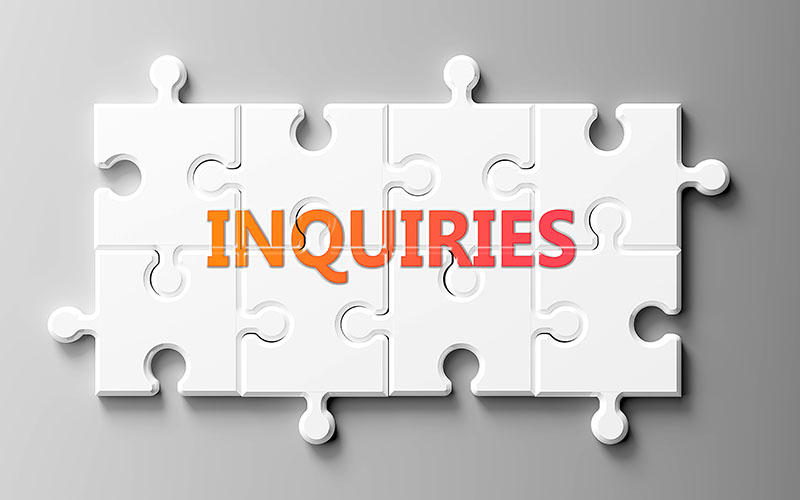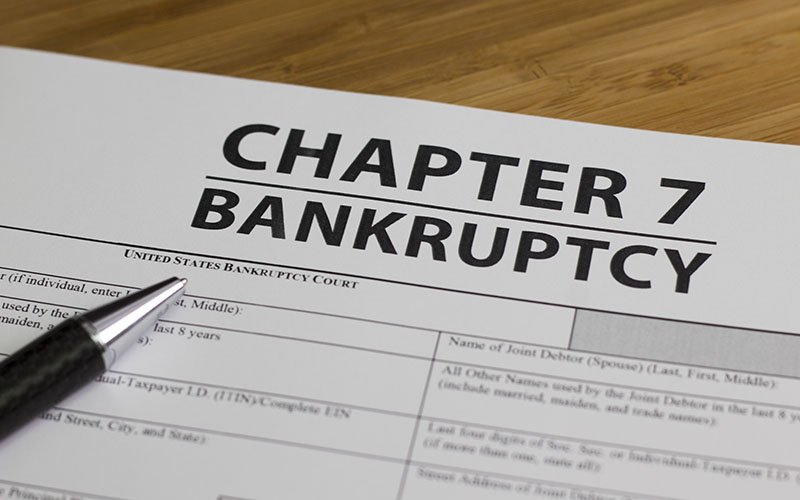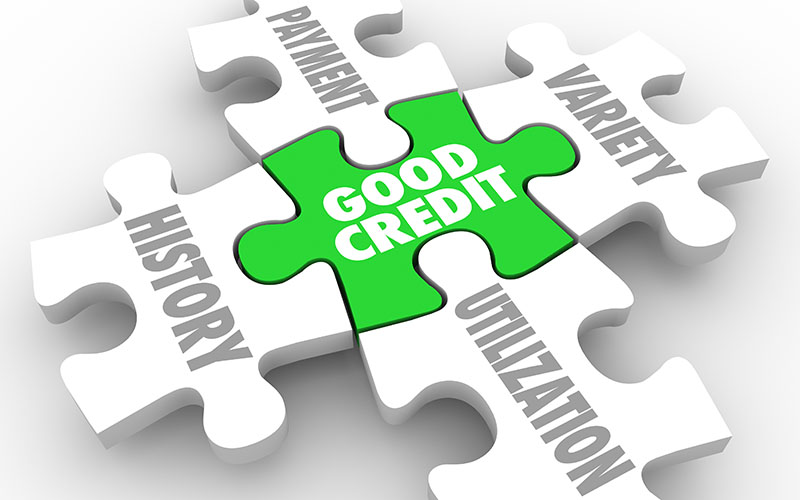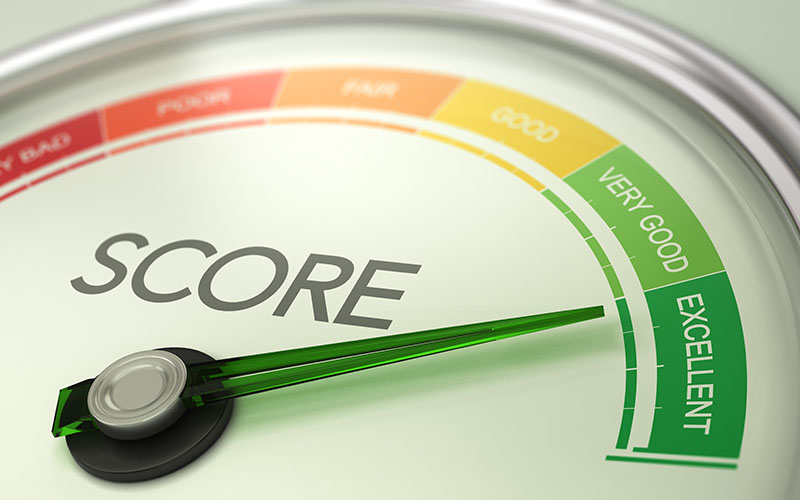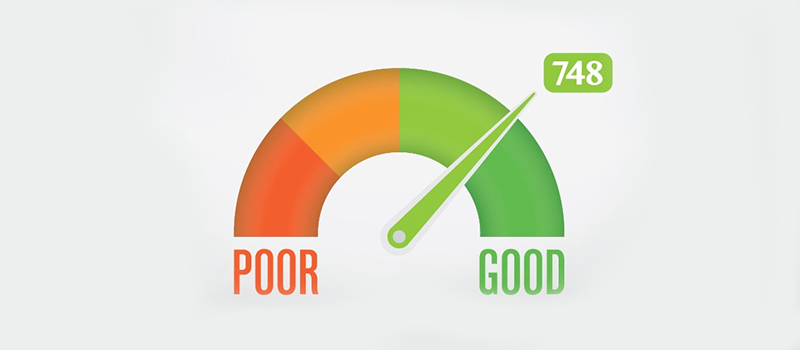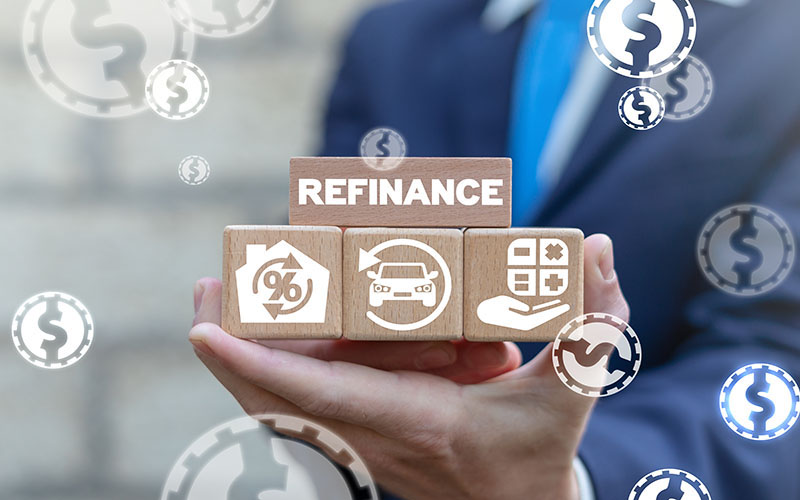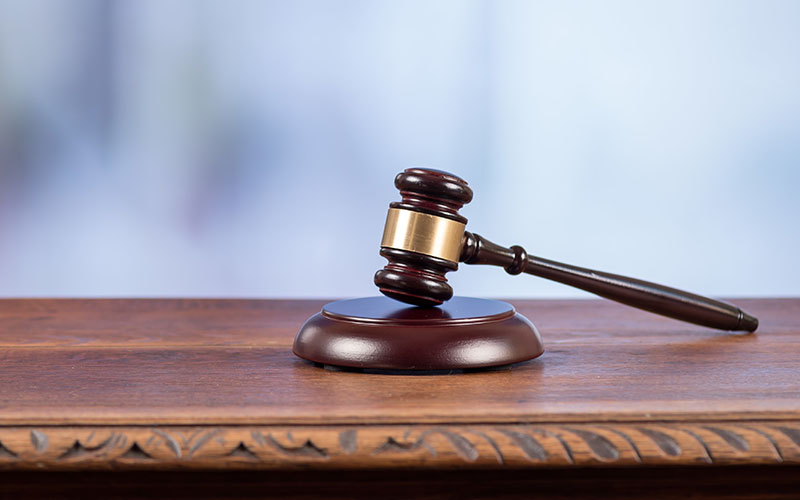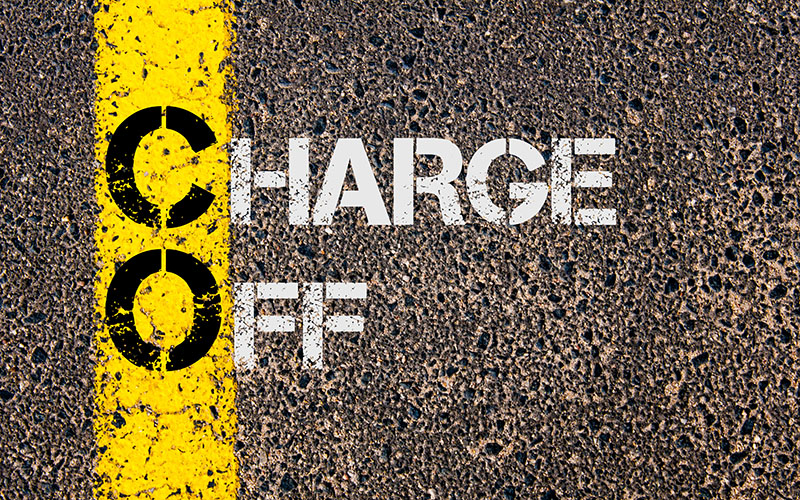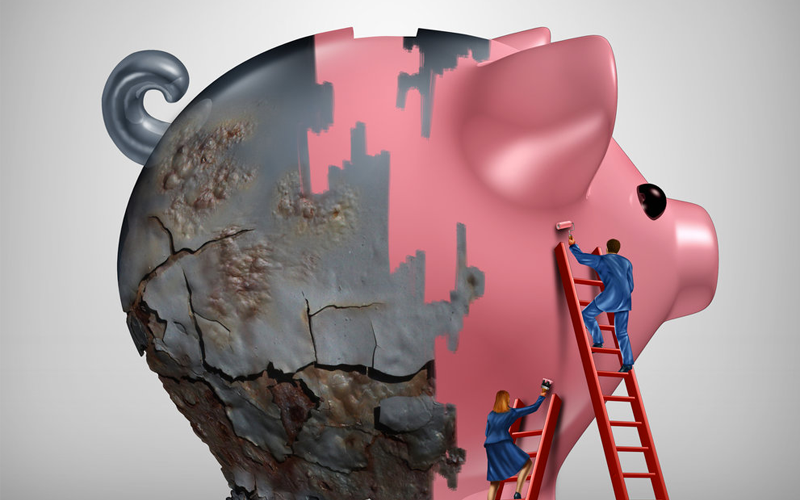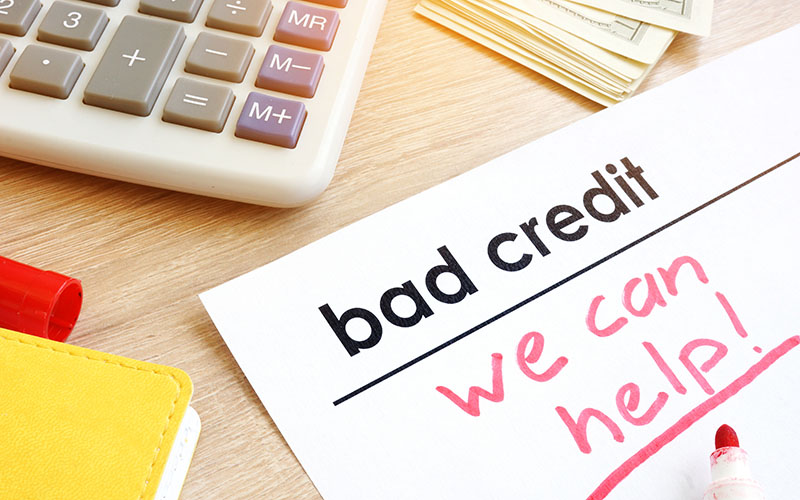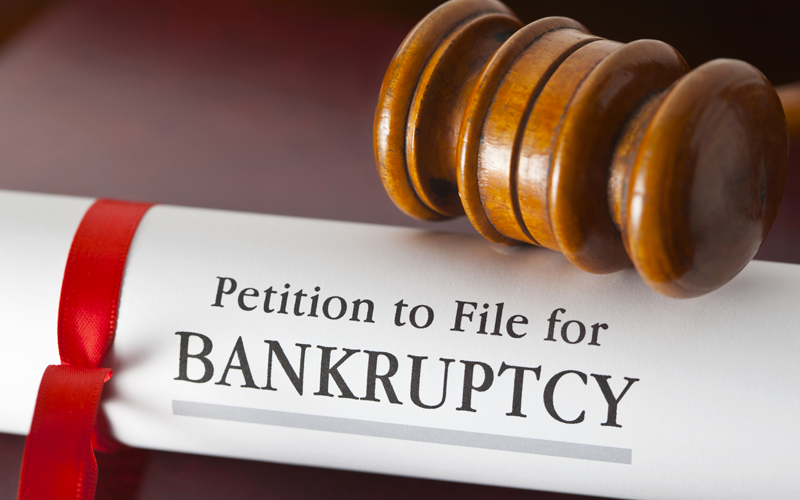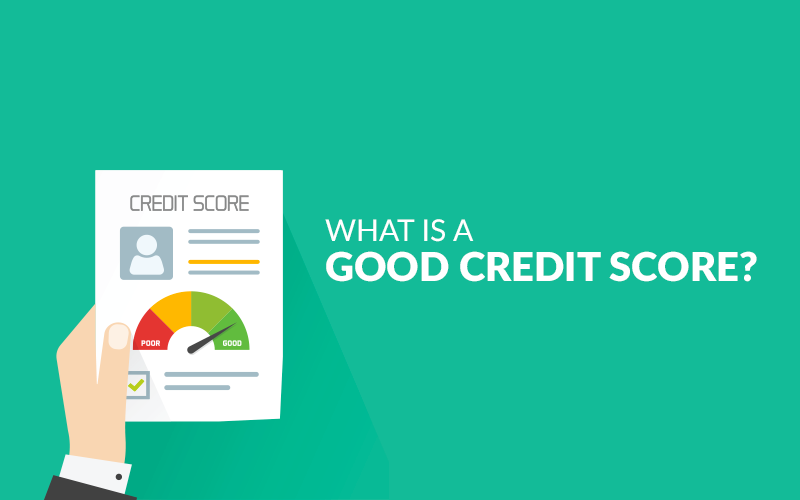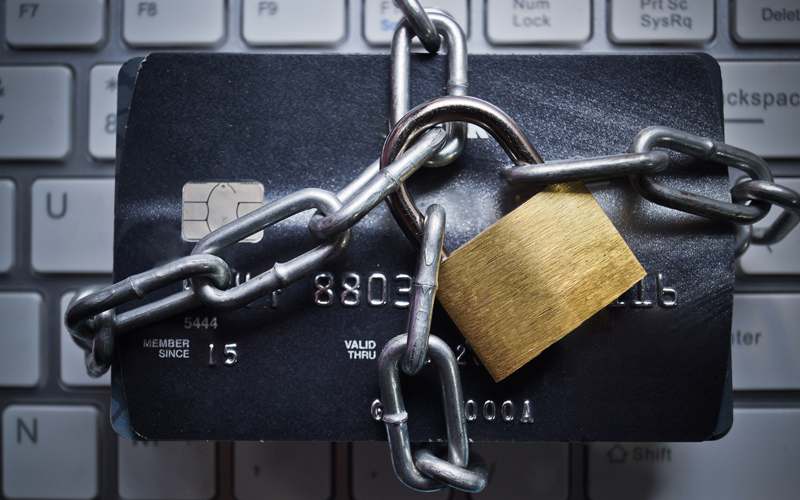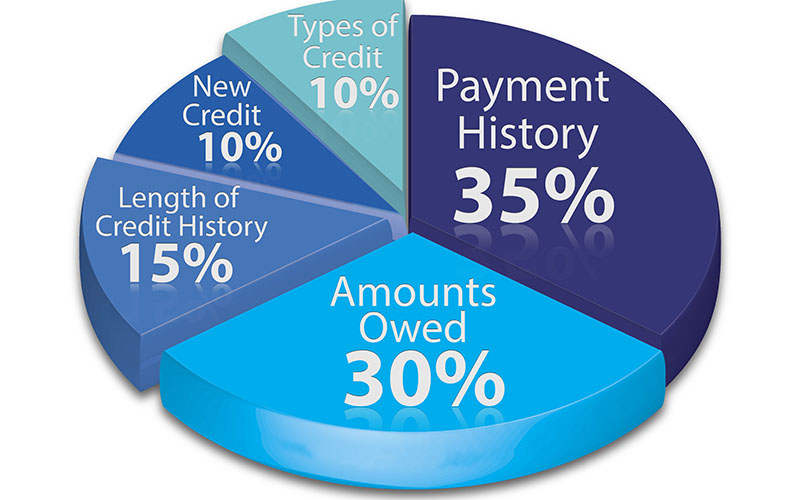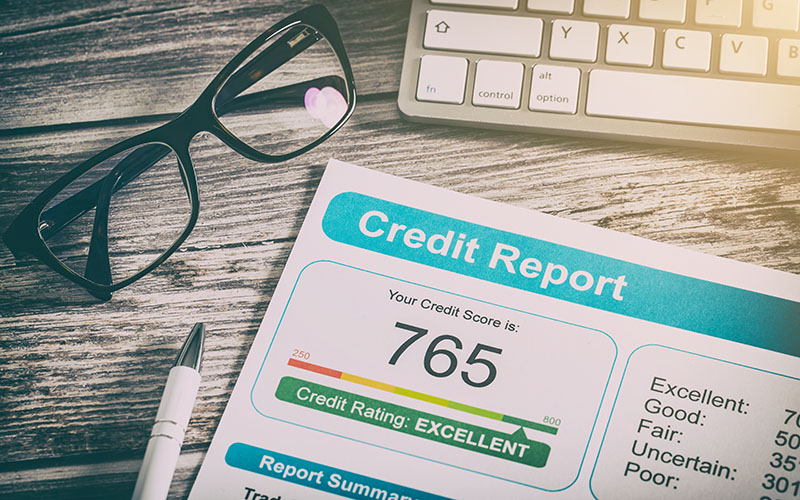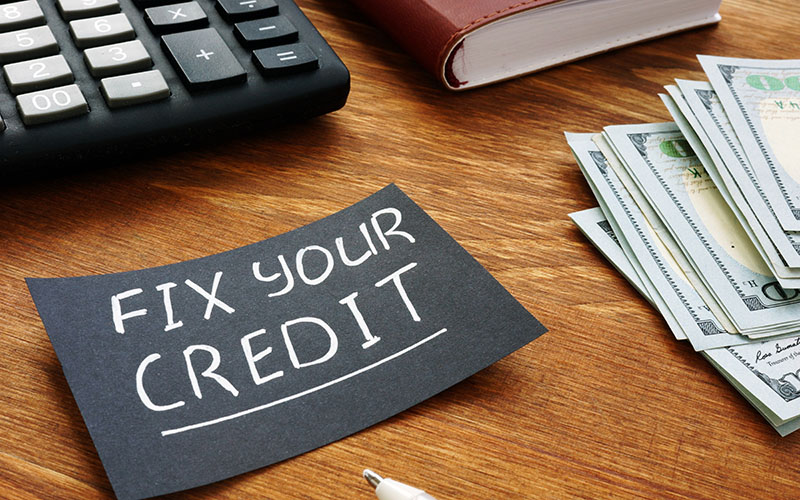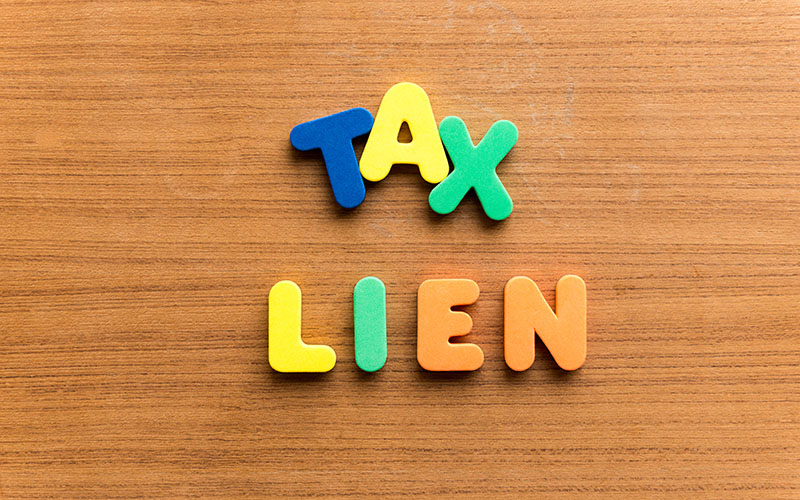How To Remove Collections From Your Credit Report
Key Takeaways
- Collections harm your credit and result from unpaid debts sold to agencies; they significantly lower your credit score and limit loan and credit opportunities
- Check your credit reports regularly to identify collections and dispute inaccurate or outdated information with the credit bureaus
- Options to handle collections include negotiating pay-for-delete agreements, requesting goodwill deletions, or waiting for the item to expire after 7 years
- Avoid actions that reset the debt clock, such as partial payments on old accounts, unless you have a removal agreement in writing
- Prevent future collections by paying bills on time, limiting unnecessary debt, and using credit monitoring services
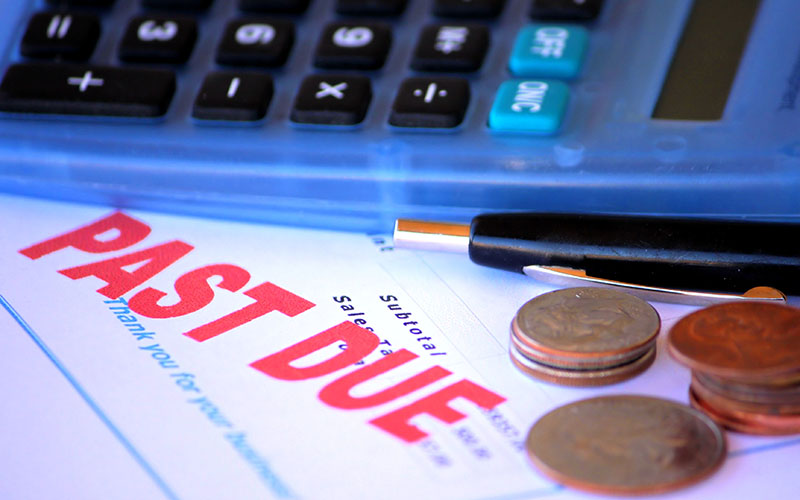
Dealing with bad credit can cause you difficulties since it affects many aspects of your life: credit cards, personal loans, and even your cell phone bill.
There are a multitude of reasons your credit might suffer, but our focus in this article will mainly be on collections.
What Are Collections?
Collections are the result of a debt (like credit cards or medical bills) that has become delinquent. When a debt has become significantly late, the company originally owed that debt will consider the debt a loss and sell it to a collection agency.
Collections indicate a high credit risk for your potential future lenders and make it more difficult for you to receive loan offers or low interest rates.
How Do I Know If I Have Accounts In Collections?
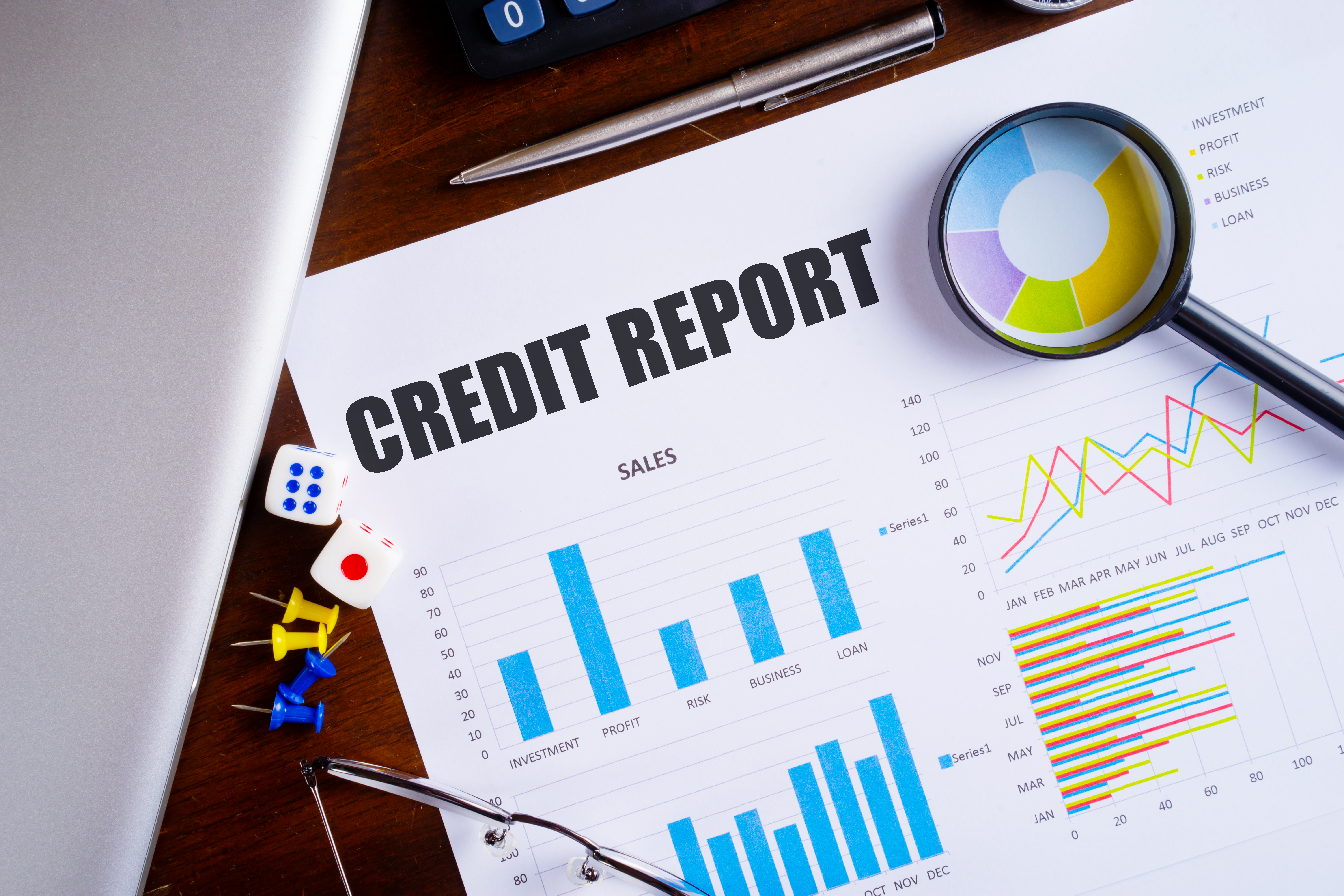
Your credit reports are a detailed statement of information regarding your credit activity and current credit standing. This includes your history of paying off loans and credit lines.
The three major credit bureaus (Experian, Equifax, and TransUnion) collect your information and issue a credit report based on that in order to determine your creditworthiness. This information is processed through one of many scoring models, although the most commonly used one is FICO®.
Your FICO® score is used by creditors to determine if you are eligible for loans or credit cards and what interest rates you qualify for. The higher your credit score, the lower your rates will generally be.
Here is how your FICO® score is broken down (from most important to least important factors):
- Payment history: 35% of your credit score is your payment history, which is based on whether you pay all of your bills monthly. This has the strongest impact on your credit score. Your credit report will list the history of all of the accounts you have had over the past seven years, including loans, credit cards, and mortgages. Cell phone and utility companies usually don't report on-time payments but will report late payments. Late payments are shown with how late they were (30 days and beyond). The later your payment, the more your credit is negatively impacted.
- Total debt: 30% of your credit score is how much total debt you owe. Lenders check your credit utilization (or your debt-to-credit ratio) before determining your potential loan amounts and interest rates. The higher your credit utilization, the more your credit score is impacted negatively.
- Length of credit history: 15% of your credit score is based on the length of your credit history. The longer your history, the more likely a lender views you as a reliable borrower. Your credit history shows the length of your accounts, such as loans and credit cards. However, your rent payments are not taken into account unless the credit bureaus provide a rental reporting service to use for credit applications.
- New credit: 10% of your credit score is determined by your new credit and inquiries, which is each credit application you have submitted in the previous two years. Inquiries take off around five points of your credit score unless there were multiple ones made in the same time period. This is counted as a single inquiry since it shows that you were simply shopping for the best interest rates.
- Credit mix: 10% of your credit score is determined by the different types of credit you have. Each type of credit is weighed differently. For example, revolving debt (like credit and retail cards) is weighed more heavily than installment loans (such as mortgages and student loans). Loans with collateral show that you are more committed to paying them off instead of focusing on other debt. Loans like student loans are also viewed positively since it shows an investment in your future earning potential.
Your FICO® is heavily affected by negative items and while your credit reports do show positive credit history indefinitely, negative items (such as making late payments or filing for bankruptcy) remain on your credit report for seven years and lenders see them as a sign that you are not a reliable borrower.
The FTC allows you to receive a free copy of your credit reports from the three bureaus once a year at AnnualCreditReport.com to check your credit history and see which negative items are affecting your score. You simply have to enter in some personal information and answer a few security questions to either download the credit reports or request a hard copy to be sent by mail.
Your credit reports show information such as your name, address, loans, credit lines, and any negative items, which typically drop off after about seven years.
The collection accounts you see typically include the following:
- Auto lenders
- Cell phone companies
- Credit card issuers
- Government agencies (such as courts and IRS)
- Medical bills
- Mortgage lenders
- Rental companies
- Student loan lenders
- Utility companies
Collections are usually listed as delinquent when they exceed 30 days. Accounts listed on your credit report will show if they are 30, 60, or 90+ days late. The later your account, the greater the damage to your credit score.
If you find any collections on your credit reports, there are in which you can remove them or at least reduce their impact on your score. Below, we break down what you can do to take care of any collections.
How Do I Remove Collections?
Your original creditor -- or the collection agency that bought the debt and is attempting to collect funds -- simply wants the debt to be paid back.
However, before you go about paying off your collections account, you should gather all the necessary information regarding that account first. Be sure to obtain your credit reports and thoroughly examine them for any discrepancies or errors. Because information entered is not all the same across the board, check all three credit reports for inaccuracies; some lenders report to only one or two of the bureaus rather than all three, or information could have been incorrectly entered into one.
Look at your credit report to find negative items such as bankruptcies, charge-offs, collections, foreclosures, judgements, late payments, repossessions, and tax liens. If you find any inaccurate or unverifiable items, you can dispute them with the credit bureaus either on your own or by enlisting the help of a credit repair service.
If you dispute collections on your own, you can submit them either by mail or online. Make sure you to use the following process:
- Become familiar with the Fair Credit Reporting Act (FCRA), which inform you of your rights when dealing with the credit bureaus, creditors, and collection agencies.
- Collect all supporting documents (such as bank statements and bills) you may have and provide all the relevant information you can.
- If you have spoken with creditors over the phone, write down the dates and important points of conversations.
- State why you believe the information is inaccurate and write a short statement on why you are disputing it.
- You may also decide to ask the creditor the validate your owed debt.
- Disputes done over mail should have any inaccuracies circled and explained as to why they are an error and should be removed.
- Your credit report and documentation should be sent by certified mail.
Credit bureaus pass on your request to the creditor, who has 30 days to respond by stating if your dispute is correct or not. If you don't receive a response within that time frame, your collection can be removed from your credit report.
Any collection accounts over seven years of age are required to be dropped from your credit report, so in the case that you have any old accounts, be sure to dispute them with the bureaus to have it removed.
Keep all of your records and documentation on hand. After a few weeks, check your credit report to make sure that the negative item is removed. If you don't see any changes, you should file another dispute with the bureaus.
If you don't want to do the time-consuming legwork of disputing with the bureaus, you can hire a credit repair service. In addition to your collections accounts, credit repair companies can remove any other inaccurate or unverifiable derogatory marks they find on your credit report.
What Else Can I Do If The Disputes Don't Work?
If your collections are validated, there are other methods you can use to get reduce the impact of your late accounts:
- You can contact the original creditor and negotiate a payment. You can pay for a deletion by making an agreement with the creditor to remove the collection when you pay either partially or in full. While this is better than an unpaid collection, it doesn't have the same positive effect as removing a collection. Make sure you receive the creditor's agreement in writing through email or a letter and that it states they will delete the item once you have paid an agreed-upon sum. Without this agreement, your collection account may not be deleted and simply reported as a paid collection. When you are paying off your collections, pay attention to the age of the accounts. Most recent accounts are weighed more heavily than older debt. The type of debt you pay off also affects your credit differently; for example, non-medical debt impacts your credit score more than medical debt, so be sure to focus on those accounts first. If you pay off an amount that is less than what you owe, you may have to report the difference as income on your tax return and wind up with higher taxes or a higher tax rate if you are moved into another income bracket.
- Avoid partially paying off your collection accounts. This resets the start date and damages credit further. While you do have an obligation to pay off collections, a payment plan can also reset the date of your debt and negatively affect your score in the process.
- Ask for a goodwill deletion. If you have an excellent credit history with only one or two minor errors or negative items and you have paid off your debt, you may want to consider writing a goodwill letter to the creditor and ask them to remove the collection from your credit report. You will want to include the following information in your goodwill letter: your name, address, account number, and date. Explain your situation regarding the account in question to the creditor in a polite and thorough manner. Include any relevant information, such as if you were going through a financial hardship that caused you to miss a payment and highlighting your otherwise on-time payment history. You can mention how you are managing your finances, how your situation has changed since your unpaid debt, and why you need the goodwill deletion (ex: if you are trying to apply for a mortgage or loan and need better credit). Send your letter by certified mail to the address listed on your credit report (you can also check the creditor's website for the correct address). If you have positive credit history, you will most likely have success with this method.
- Wait for the account to drop off your credit report. The FCRA limits the amount of time derogatory marks can stay on your credit report for seven years (collections are reported on your account from the date of their first default). As your account ages, its negative effect is lessened. If you have any accounts that are close to seven years old, you may want to hold off on payment plans or negotiations. Keep in mind that you still owe the debt and if it is still within the statute of limitations in your state, the creditor can still go after you to collect on the debt.
One important piece of information to be aware of is that if you have a collection account, you also have a charge-off. If your debt is sold to a collection agency and you negotiate a removal, contact the original creditor to remove the collection and charge-off from your credit report.
What Can I Do To Avoid Collections In The Future?
Once you have worked towards dealing with your collections, you can take some steps to prevent it from happening again:
- Make sure to always pay your bills on time. If you have trouble making payments, contact your creditor to set up a payment arrangement.
- Don't take on any unnecessary debt and keep your borrowed amounts as low as possible.
- Monitor your credit. After you have checked to make sure any changes on your credit report have been updated (which may take a month or two), continue to check your score on a regular basis. We recommend using a reputable credit monitoring service to keep track of any changes in your credit report and other features such as identity theft and dark web monitoring.
The Bottom Line
While collections can severely damage your credit, you do have options. If you are looking to remove collections or other negative items from your credit report, you can enlist the help of a credit repair company to receive the best service possible.
What are some benefits of a good credit score?
A good credit score can help you with the following:
- Renting a house or apartment (without putting down a hefty deposit)
- Your mortgage payments will be lower
- You will receive a lower down payment when you purchase a cell phone
- Your utility bills will be lower
- Your insurance premiums depend on it
- Potential employers may look at your credit history to determine reliability
- It will be easier to qualify for loans
- You will receive lower rates on loans
- You will qualify for better credit cards
What factors make up my credit score?
Your FICO® is made up of five factors:
- Payment history: 35%
- Credit utilization: 30%
- Credit age: 15%
- New credit: 15%
- Types of credit: 10%
What negative items appear on my credit report?
Your credit reports can contain both positive and negative history. Items that negatively impact your credit include:
- Bankruptcies
- Charge-offs
- Collections
- Credit inquiries
- Foreclosures
- Judgments
- Late payments
- Loan defaults
- Past due payments
- Public records
- Repossessions
- Tax liens
How can I improve my credit?
- Consider credit repair and contact a credit repair service
- Always pay your bills on time
- Deal with past due accounts
- Reduce your credit utilization
- Keep old credit accounts open
- Open new credit (but avoid applying for too much new credit)
- Monitor your credit
Edited by:
Bryan Huynh
•
Product Tester & Writer

